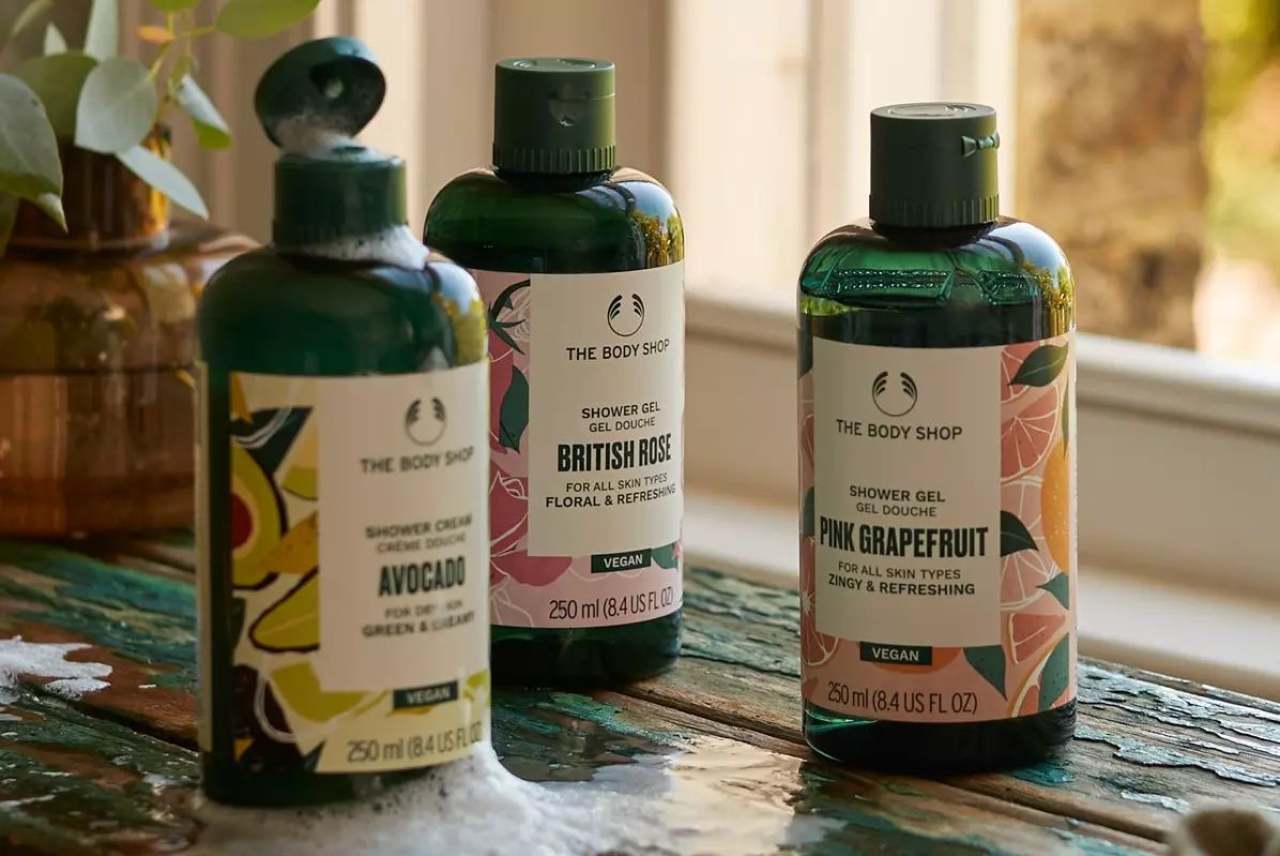Hundreds of consumers declared a boycott of The Body Shop in 2006, after its owner sold the cruelty-free brand to cosmetics giant L’Oreal – which was well-known for testing on animals.
The boycott called for The Body Shop owner to end animal testing – and saw a major success in 2018.
NB: In February 2024 we removed The Body Shop from our shopping guides whilst we waited to see the outcome of its new private equity company owner, Aurelius, having called in the administrators.
What was The Body Shop boycott?
Naturewatch called a boycott of The Body Shop, after L’Oreal bought the previously-independent company for over £650 million in 2006.
The Body Shop had been cruelty-free since its foundation. But animal rights groups criticised L’Oreal’s policy on the animal testing of cosmetics ingredients.
Following the buy-out, John Ruane, director of Naturewatch warned, "If you spend your money at the Body Shop, it could now go to animal testing."
Natura buyout
Naturewatch maintained its call to boycott The Body Shop in 2017 after the brand was bought by Natura, Brazil’s largest cosmetics company. Natura bought The Body Shop from L'Oreal for 1 billion euros.
Animal rights activists had hoped that the buyout would return the brand to its ethical origins. But hopes were crushed after Natura refused to answer questions about its own cruelty-free claims.
Supporters of the boycott wrote to the company demanding transparency. And in December 2017, Natura responded, announcing a new policy on animal testing.
Crucially, the new policy banned ingredients that have been tested on animals since March 2013. This is known as a fixed cut-off date (FCOD), and is what Naturewatch calls ‘the gold standard’ for all cruelty-free products.
Almost all ingredients in cosmetics have been tested on animals at some stage in their development. But companies with FCOD will discourage current or future animal testing and often avoid buying ingredients that have recently been tested on animals.







